We want to leave a world that will benefit future generations without consuming their resources.
Our aim is to make the world sustainable with its natural resources, toplumsal ve ekonomik and life sustainable with its social and economic resources.
With our zero waste policy, we strive to avoid waste and take care to keep our environment clean.
While maintaining the minimum applicable standards, we take new steps for sustainability every day. We take care that our business partners and suppliers are also in the same perspective, and we provide the necessary controls.
We do our job by using limited resources in the most efficient way and by taking it as our duty to reflect the awareness of sustainability to every person, company and product we touch.
- Environmental sustainability: With global warming and climate change, the yield we get from our soils has started to decrease, and the water level in the world has become insufficient. In this context, we develop techniques that reduce water consumption in our raw materials and production facilities, and we consider this indispensable in our supplier selection. With a zero waste policy, we reduce risks for the environment and living things, and prevent trees from being cut down more than is necessary. This causes a decrease in the amount of greenhouse gases emitted into the air.
- Social sustainability: We have social sine qua non for the society we live in to live in prosperity and leave a beautiful world for the future. We adopt responsible production policies along with compliance with occupational health and safety rules and carry out our relevant audits and trainings continuously and regularly. All production facilities of Ermoda are inspected and certified by international organizations on Social Compliance, Code of Conduct, Code of Ethics and health and safety.

- Economic sustainability: The existence of continuity is the key point for possible new investments. Otherwise, there can be no development. As Ermoda, advancing with our principles, increasing employment, applying correct wage policy, and increasing our financial gains consistently are among our policies in this area. We are aware that economic sustainability should always complement social and environmental issues.
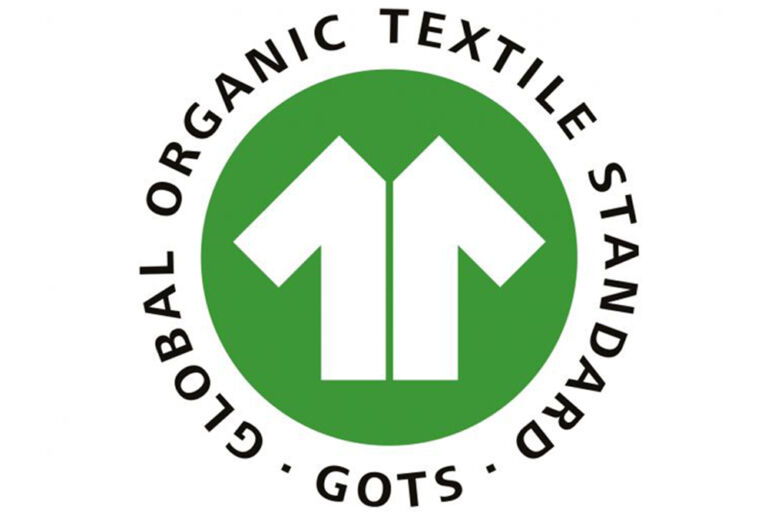
Global Organic Textile Standard
Global Organic Textile Standard is the world's leading organic fiber standard in textile, covering social, chemical and environmental requirements at every stage of the production process.
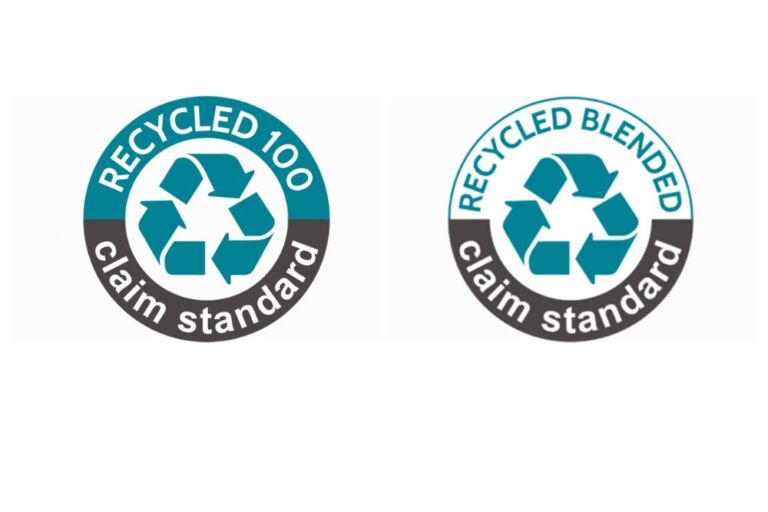
Recyled Claim Standard
The Recyled Claim Standard is an international, voluntary standard that sets requirements for third party certification of transformed input and chain of custody.
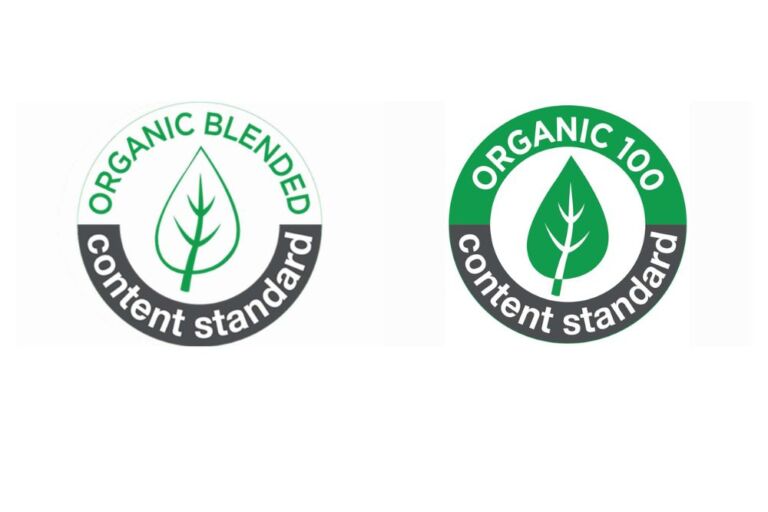
Organic Content Standard,
The Organic Content Standard applies to non-food products containing 5 to 100% organic material. It determines the organic material content and ratio in the final product. It covers product flow within and between companies, raw material approval, post- harvest processing, production, packaging and labeling, storage, handling and from the seller to the seller in the final company-to- company sale.
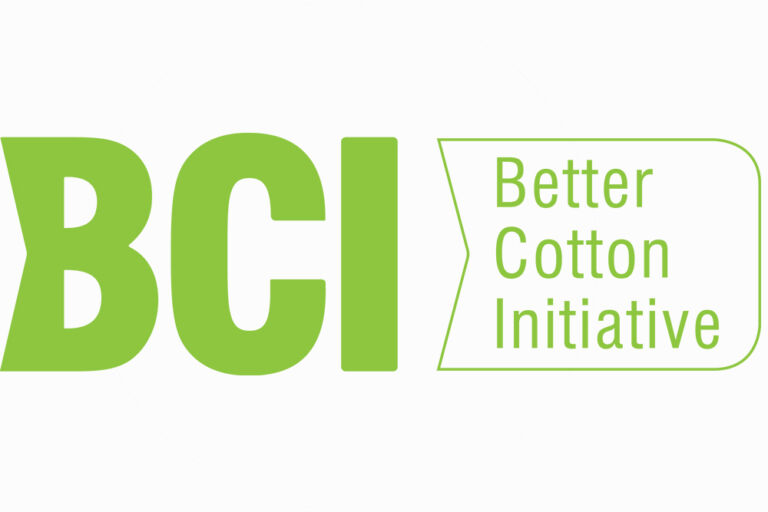
Better Cotton Initiative
The Better Cotton Initiative is a non-profit, multi-stakeholder management group that promotes better standards in cotton farming and practices in 21 countries. As of 2017, Better Cotton accounts for 14% of global cotton production

Sedex
Sedex is an independent organization that audits the practices that demonstrate the compliance of companies with occupational safety standards and world labor organization standards in terms of social responsibility.
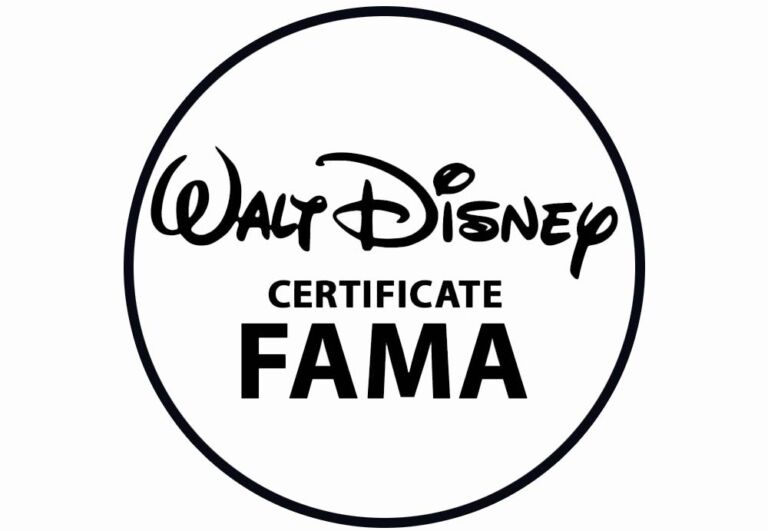
FAMA
FAMA is a type of audit created by Walt Disney, a world-renowned company, that has prepared the International Working Conditions Program (ILS) so that each facility where its own brand products are produced can become a safe and corporate workplace, and accordingly, it holds its suppliers responsible for complying with the obligations of the ILS Program.



